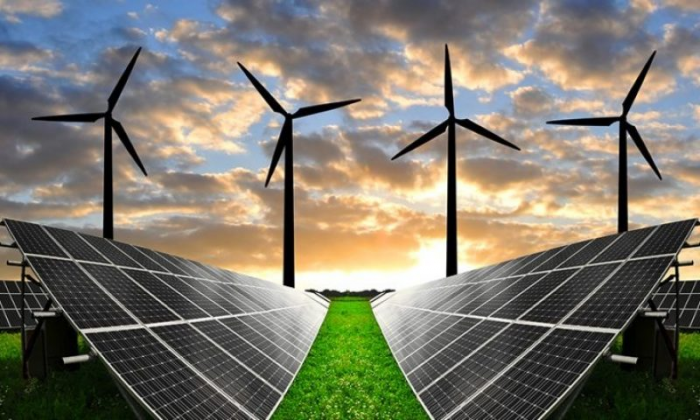Summary
Energy installations in Spain must obtain certain administrative authorizations and fulfil technical requirements in order to be granted the right to produce electricity and operate in the electricity market. Law 24/2013, on the electricity sector, reflects the competences of the General Administration of the State in energy matters for projects with an installed power exceeding 50 MW or facilities (understanding as such the plant and its evacuation infrastructure) that exceed the territorial scope of an autonomous community. Otherwise, the competence is for the Autonomous Communities.
The initial step is to obtain the access and connection permits from the TSO or DSO, depending on the size of the installation and payment of the corresponding financial guarantee, thus the developer could be granted with permit to connect to the grid and operate once the different requirements and stages would be fulfilled. Secondly, once the project developer secured the lands, and Environmental Impact Assessment will be conducted, where different public and private stakeholders will be given the opportunity to get information and participate in the process. The authority will issue an Environmental Impact Declaration(DIA) that may include requisites and conditions under which the project shall be conducted.
The project developer shall also apply for several Administrative Authorizations. In particular, they will need a Prior Administrative Authorization (PPA), an Administrative Authorization for Construction (AAC), and local permits. In the cases where an easement or expropriation is needed, the project developer shall apply for a Declaration of Public Utility (DUP). Lastly, they also need an Exploitation Authorization
Last of all, rooftop PV installations for self-consumption, depending on their size and location, may benefit from a simplified and shorter procedure. For instance, units with an installed power up to 100 kW and connected to low-voltage, in principle should not require an Environmental Impact Assessment or a Declaration of Public Utility for example. Also, simplified rules are in place for speed up the process in some regions such as Autonomous Community of Madrid.
Sequential order of process steps
In general, depending on the capacity of the generation plant, above approvals will be granted either by the Spanish government or by the Autonomous Communities. Plants over an installed power exceeding 50 MW or facilities (understanding as such the plant and its evacuation infrastructure) that exceed the territorial scope of an autonomous community are under central government umbrella. Otherwise, the competence is for the Autonomous Communities.
- Preliminary Steps. The Royal Decree Law 23/2020 requires to be clear about the location before requesting access and connection. - a) Search for Connection Capacity: REE WEB Platform - b) Search for viable land. It is recommended to consult the Environmental Zoning for renewable energies: Wind and Photovoltaic.
- Grid connection permit. Request for access and connection as established in RD 1183/2020 to Red Eléctrica de España (REE).
- Site selection: Negotiate land contracts.
-
Administrative authorizations: Conduct an Environmental Impact Assessment (EIA) and obtain an Environmental Impact Declaration (EID). Apply for Prior Administrative Authorization (PAA); Administrative Authorization for Construction (AAC); and local permits. Lastly, if an easement or expropriation is needed, the developer shall apply for a Declaration of Public Utility (DPU) as well.
In addition, depending on the project, other authorizations may be required in order to complete the documentation to be submitted such as Authorization for archaeological prospecting, submission of report and subsequent resolution; Aeronautical easement; Request for temporary occupation of livestock trails; Public Hydraulic Domain (DPH): Crossing of ravines by power lines or roads, among others.
- Obtain the electricity production license.
-
Corporate legal-fiscal issues to be covered, as needed.
Last of all, some steps can be conducted in parallel and/or simplified depending on the size of the renewable energy installation.
Additional information
Royal Decree 23/2020 introduced measures to lessen administrative barriers aligned with the energy transition.
Competent authorities
- MITECO
- Directorate General for Energy Policy and Mines
- Directorate-General for Environmental Quality and Assessment
- Industry and Energy Departments of the National Government Delegations
- Autonomous Communities
- Municipalities
- CNMC
- TSO
- DSOs


